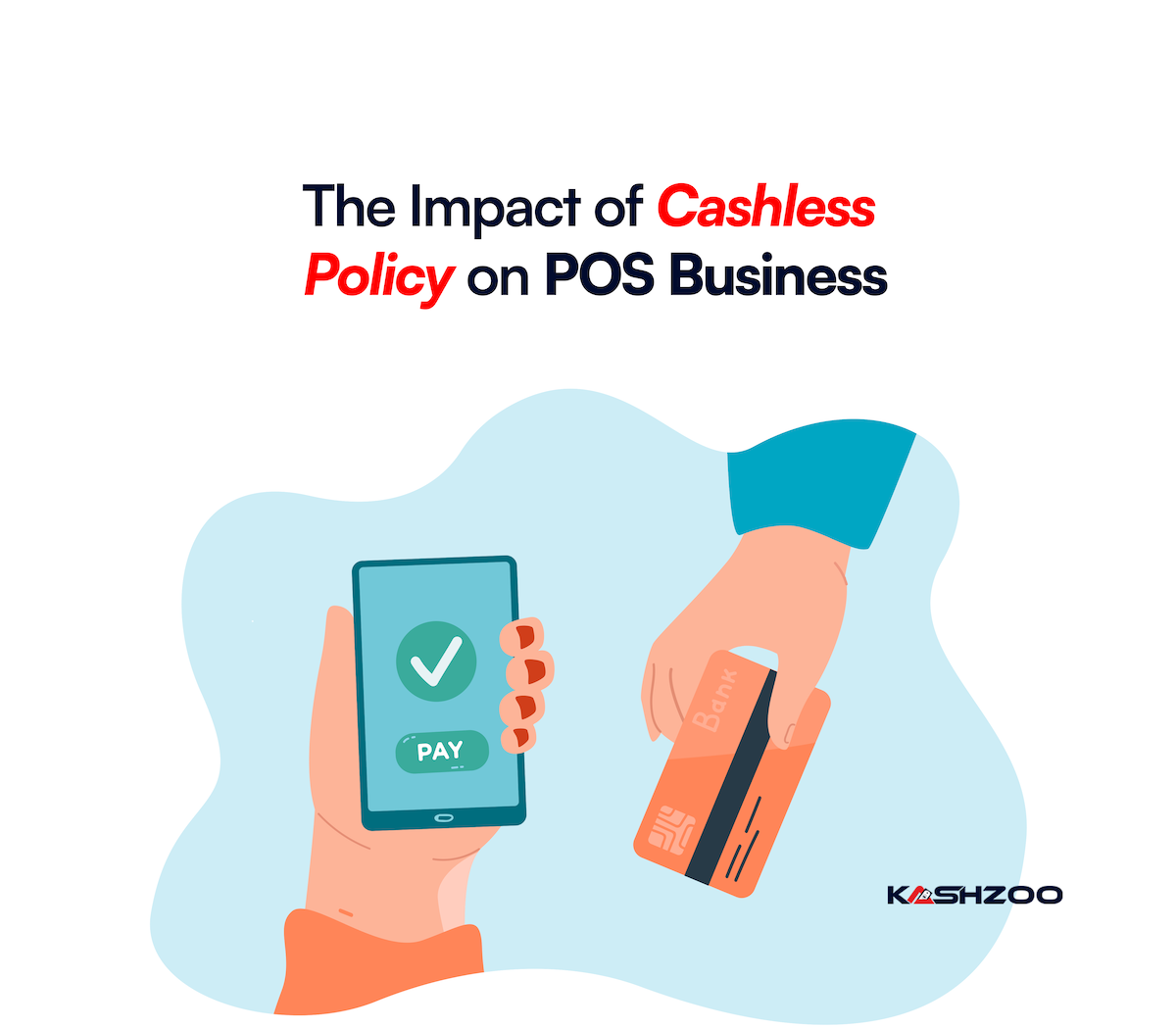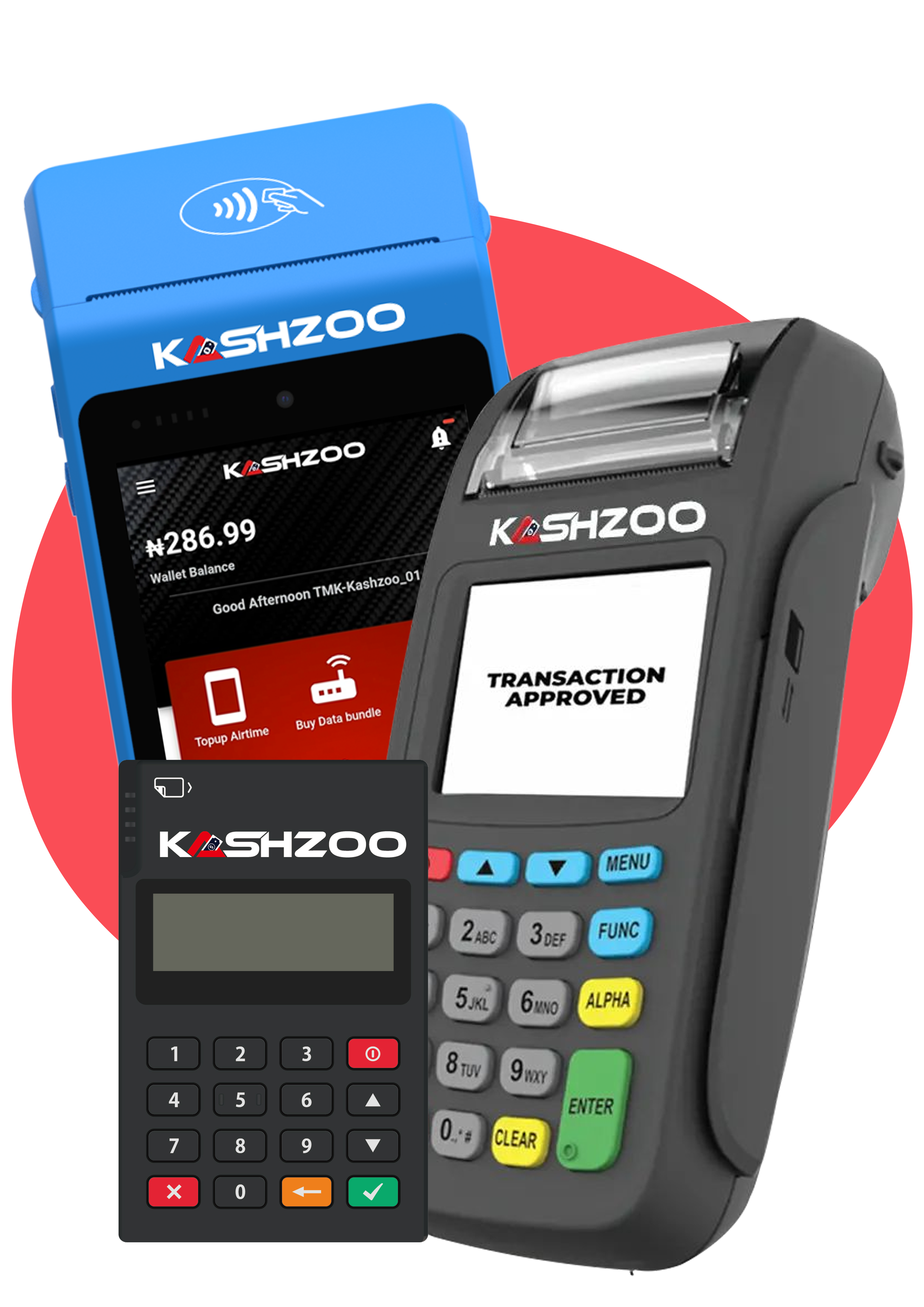Nigeria has shifted focus toward a cashless economy, which has changed the way POS businesses operate. These outlets act as the financial lifeline for communities with limited banking access, so every tweak in payment rules lands on their countertop first. Below is a look at how the cashless policy affects POS operators, customers, and partnering financial institutions.
Understanding the Cashless Policy
Before the Central Bank of Nigeria (CBN) introduced the cashless policy in 2012, Nigerians relied heavily on cash for daily transactions. The cashless policy was introduced to reduce cash handling, improve payment efficiency, cut corruption, strengthen monetary control, and drive financial inclusion across the country.
The Involvement of POS Business in Nigeria
POS businesses have been involved in closing the gaps left by traditional banks. POS businesses’ impacts are felt mainly in towns and villages where branches are scarce. Agents provide cash withdrawals, deposits, bill payments, airtime top-ups, and fund transfers. Their activities bring basic banking services to Nigeria’s unbanked and underbanked populations.
Positive Impact of the Cashless Policy on POS Business
- Increased Financial Inclusion: POS agents take banking services to remote and underserved areas, which allows more Nigerians to join the formal financial system.
- Business-Growth Opportunities: Rising demand for digital transactions encourages new POS outlets. This opens doors for employment and entrepreneurship opportunities.
- Reduction in Cash-Related Crimes: Handling physical cash has reduced due to the cashless policy. Hence, the risk of theft and robbery at agent locations has also dropped.
- Promotion of Digital Literacy: Customers interact with the POS machine whenever they want to carry out a transaction. The regular contacts push customers toward wider use of fintech tools and mobile banking apps.
Negative Impact of Cashless Policy on POS Business
- Security Risks and Fraud: With the rise of digital transactions, POS agents have had to put up with a lot of security risks and fraud. POS agents face challenges like phishing, card cloning, and unauthorised reversals. In some cases, agents are held liable for fraudulent transactions, making the business riskier and less attractive.
- Increase in Competition from Mobile Money and Banks : As cashless policies encourage mobile money wallets, banking apps, and other fintech solutions, POS operators face stiff competition. Many customers prefer using apps directly on their phones, so they bypass POS agents altogether. This trend further reduces transaction volumes at POS locations and threatens the livelihood of agents who rely on commissions.
- Increase in Operational Costs: The economic situation of the country has permitted an increase in everything. The cost for POS machine maintenance, electricity, data subscriptions, and transaction fees increased, and which affects small POS vendors.
- Increase in Transaction Fees and Regulatory Pressure: Cashless policies often come with increased regulation and fees imposed by banks and payment processors. As digital transactions grow, POS operators sometimes face higher service charges or lower commission rates. These frequent changes cause POS agents to earn less per transaction. It may force existing businesses out of operation and discourage potential agents from venturing into the POS business.
- Reduced Easy Access to Liquidity: The cashless policy limits cash withdrawals to ₦100,000 per day for individuals and ₦500,000 per week. Agents face a daily cashout cap of ₦1.2 million. Because of these limits, agents cannot easily or quickly access cash from banks. They must find other, often costly, ways to get liquidity. Agents who cannot manage these restrictions have been forced out of business.
Future of POS Business in a Cashless Economy
The outlook for POS businesses in Nigeria remains strong. Continued innovation from fintech firms like Kashzoo, with supportive regulation, can help agents deepen their role in the national payment ecosystem. For continuous growth, stakeholders must improve issues like network reliability, cybersecurity, and clear compliance guidelines.
Our Take
Nigeria’s cashless policy has transformed payments, and POS businesses are at the core of that change. POS agents need to be resilient and adaptable to changes to experience success in this era of digital payment. Additionally, agents must be ready to collaborate with policymakers, fintech providers, and network operators to keep the system fast, safe, and inclusive.




What do you think?
It is nice to know your opinion. Leave a comment.